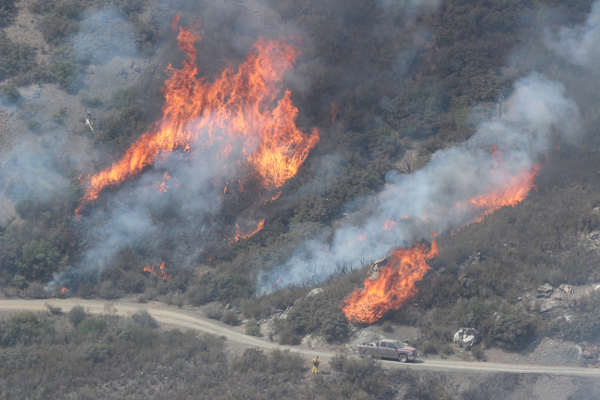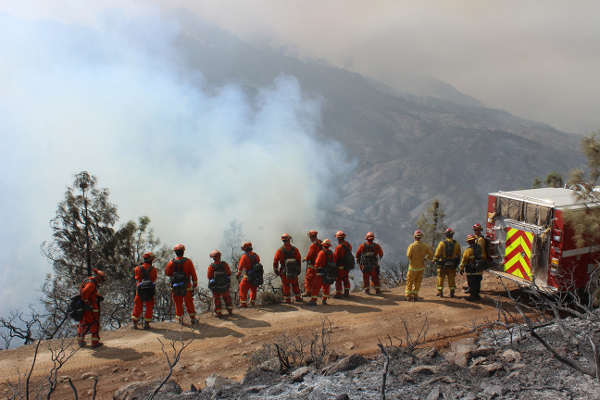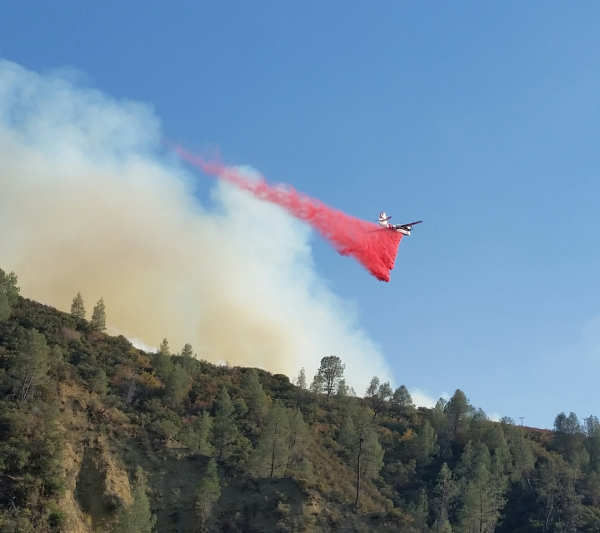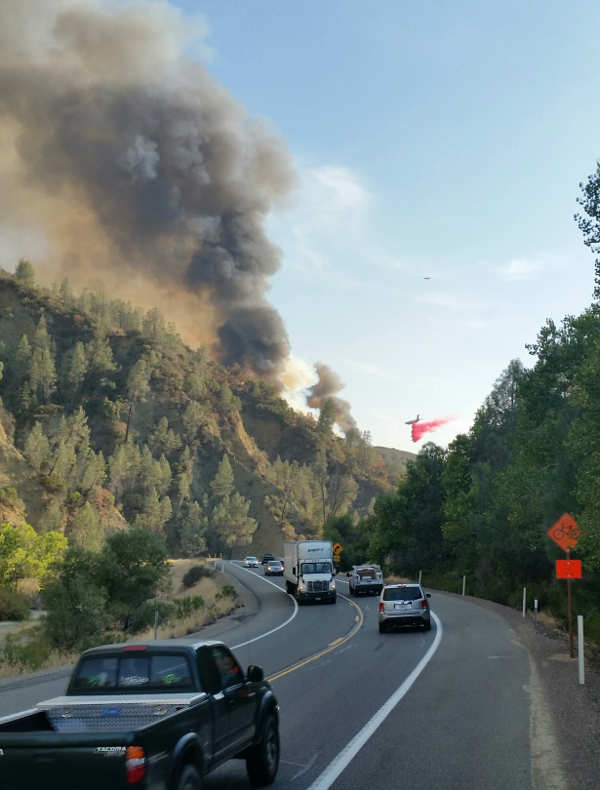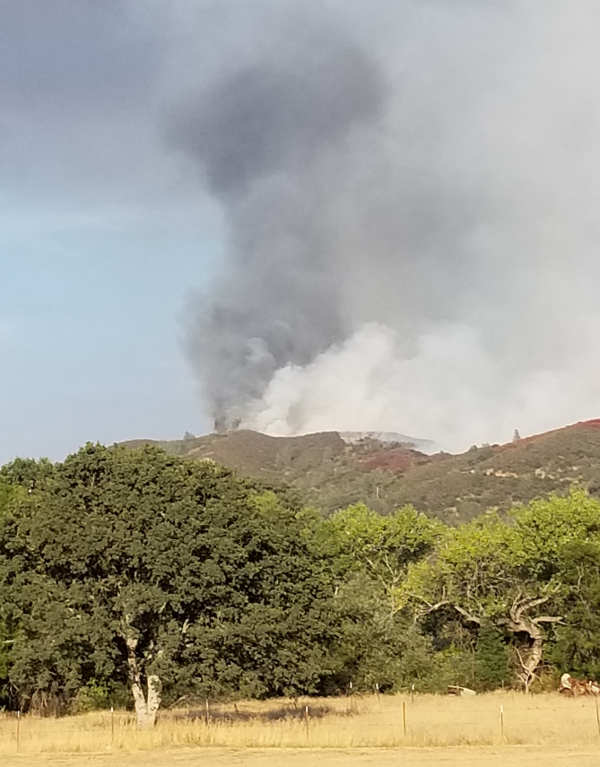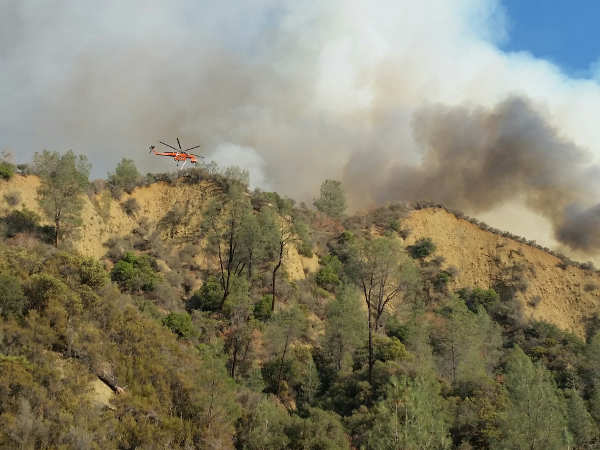LAKEPORT, Calif. – County officials said that recent tests have confirmed new findings of West Nile virus in Lake County.
This week’s sentinel chicken testing showed that one of the birds from the Upper Lake flock tested positive for WNV.
Earlier this month, four mosquito samples from Lake County tested positive for West Nile,
as Lake County News has reported. The positive samples were collected in Lower Lake (1), Middletown (2), and Upper Lake (2), and all four were the same species, Culex tarsalis, also known as the western encephalitis mosquito.
“This is typically the peak of the West Nile virus season, and activity continues through September,” said Jamesina Scott, Ph.D., district manager and research director of the Lake County Vector Control District. “Mosquitoes are still biting, and it’s important for residents to dump out any water where the mosquitoes can develop. To control mosquitoes in ponds, water features, livestock water tanks, or pools and spas that are not being maintained, residents can pick up mosquito-eating fish for free from our office.”
“If you plan to be outside when mosquitoes are active, use insect repellent applied according the directions on the label and reapply as directed,” said Dr. Erin Gustafson, Lake County deputy health officer.
Dr. Gustafson added, “When we see chickens becoming positive for West Nile virus, the conditions are right for transmission to humans. It is important for medical providers to have an increased awareness and test for West Nile virus when they have a suspicion.”
The district encourages residents to reduce their risk of contracting West Nile virus and other mosquito-borne diseases by:
· Dumping or draining standing water to prevent mosquitoes. Mosquitoes need water to complete their life cycle.
· Defending yourself. Use repellents containing DEET, Picaridin, IR3535, or Oil of Lemon Eucalyptus. Follow the label directions.
· Avoiding the outdoors when mosquitoes are present, typically dawn and dusk.
So far this year, West Nile virus activity has been detected in four mosquito samples and one sentinel chicken in Lake County.
Statewide, 35 California counties have detected WNV this year, mainly in mosquitoes and dead birds.
Thirty-one human cases of West Nile virus illness have been reported in California residents this year. The most recent confirmed case of WNV infection in Lake County was in 2016.
Most people – 80 percent – with West Nile virus do not develop any symptoms. About 1 in 5 people who are infected develop a fever with other symptoms such as headache, body aches, joint, pains, vomiting, diarrhea, or rash. Most people with this type of West Nile virus disease recover completely, but fatigue and weakness can last for weeks or months.
Serious symptoms in a few people. About 1 in 150 people who are infected develop a severe illness affecting the central nervous system such as encephalitis (inflammation of the brain) or meningitis (inflammation of the membranes that surround the brain and spinal cord).
· Symptoms of severe illness include high fever, headache, neck stiffness, stupor, disorientation, coma, tremors, convulsions, muscle weakness, vision loss, numbness and paralysis.
· Severe illness can occur in people of any age; however, people over 60 years of age are at greater risk. People with certain medical conditions, such as cancer, diabetes, hypertension, kidney disease, and people who have received organ transplants, are also at greater risk.
· Recovery from severe illness might take several weeks or months. Some effects to the central nervous system might be permanent.
· About 1 out of 10 people who develop severe illness affecting the central nervous system die.
If you develop the symptoms described above, see your health care provider, who can order tests to look for West Nile virus infection.
To learn more about testing, visit the
CDC’s Healthcare Providers page.
There are no vaccine or specific antiviral treatments for West Nile virus infection available for humans.
Over-the-counter pain relievers can be used to reduce fever and relieve some symptoms. In severe cases, patients often need to be hospitalized to receive supportive treatment, such as intravenous fluids, pain medication and nursing care, officials said.
If you think you or a family member might have West Nile virus disease, talk with your health care provider.
Mosquitoes that transmit WNV develop in the standing water found in out-of-service swimming pools and spas, animal watering troughs, ornamental ponds, rain barrels, and similar sources.
Swimming pools and spas that aren’t maintained can produce thousands of biting mosquitoes every day.
Residents can help reduce mosquitoes in their neighborhoods by reporting unmaintained (“green”) pools to the Vector Control District or pick up free mosquito-eating fish for these sources Monday through Friday 7:30 a.m. to 4 p.m., from the district at 410 Esplanade, Lakeport.
Residents with questions or who would like help with a mosquito problem, including reporting a neglected pool or spa, should contact the Lake County Vector Control District at 707-263-4770 or visit
www.lcvcd.org.
For more information about West Nile virus, visit
http://www.westnile.ca.gov/. Information about mosquito repellents can be found on the US Centers for Disease Control and Prevention Web site at
http://www.cdc.gov/westnile/faq/repellent.html.

 How to resolve AdBlock issue?
How to resolve AdBlock issue? 


